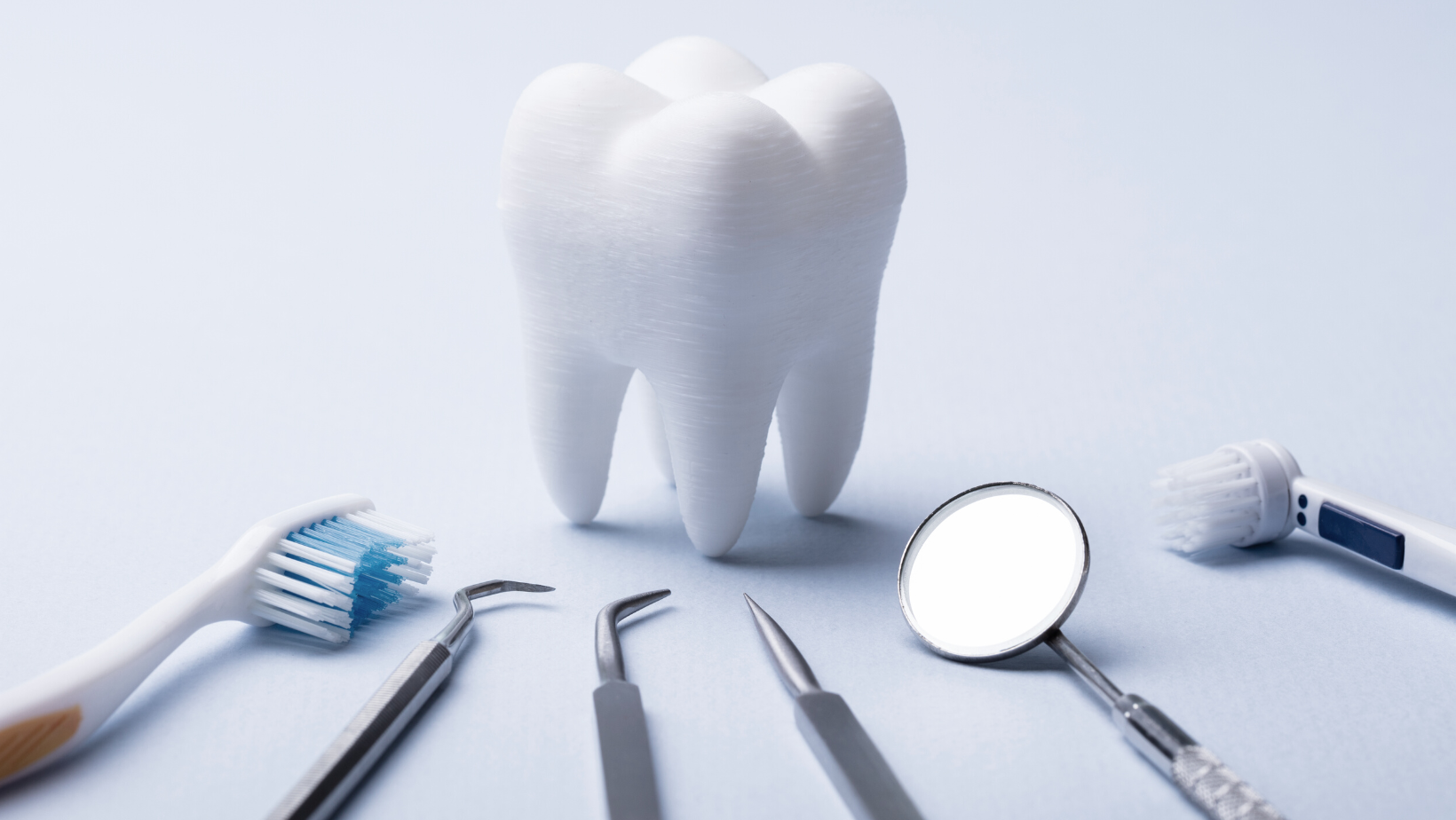Extraction
Teeth sometimes need to be extracted, or pulled, for many reasons: pain, infection, fracture, inability to clean, etc. If you need an extraction, we will first evaluate your physical and oral health. Most extractions, including wisdom teeth, can be taken care of in the office without an additional trip to a specialist, however, we will discuss your individual needs with you.
Oral Surgery Consent form: coming soon
Post-op instructions form: coming soon
Common after-care questions/concerns:
My tooth is still bleeding is this normal? It is normal for the site to ooze for about a day. When that “ooze” mixes with saliva, it may look like a lot of blood, even though it isn’t. Be sure not to spit, put a towel on your pillow, and call if you are concerned or see lots of “dark red” color.
How much pain should I expect? We expect some level of pain, swelling, and bleeding, but those symptoms are typically minimal and easily managed with OTC products. The best thing to do is to follow our instructions to avoid a dry socket.
Injury to Tooth / Tooth Knocked Out
Whether it happened to you or to your child, if you’ve experienced trauma to a tooth or even a tooth getting knocked out, the experience can be stressful, and you need to act fast.
Call us immediately if a tooth injury has occurred.
If the injury is to a permanent tooth, our treatment goals will be to find ways to keep the tooth healthy and in place if possible. If the tooth has come completely out, if possible, rinse it with water, spit, or milk. Then, try to put it back into place if possible. If you cannot put it back into place in the right orientation, store it in spit, milk or even pedialyte, and come see us immediately.
If the injury is to a baby tooth, often we may decide to “send the tooth to the tooth fairy” to avoid damage to the developing adult tooth underneath. If the child has cuts to the face or lip, we may recommend treatment by the local ER first to avoid any permanent scaring. Call us if anything happens, and when in doubt, don’t hesitate to go to the ER with you little one.
Root Canal
A root canal is typically performed in a tooth with a dead or dying nerve. We numb your tooth, we remove the dead nerve tissue, and we disinfect the tooth prior to filling it back up. Don’t be alarmed at the term ‘root canal,’ we make sure you are extra numb before we move forward.
Endodontics consent form: coming soon
Post-op instructions form: coming soon
Common questions/concerns:
Will it hurt? No! From your perspective, having a root canal performed is similar to having a filling performed. If you tooth is hurting or infected, we will discuss options to help make the process easier and as comfortable as possible.
Do I need a crown after? Typically, yes! When we remove the dead nerve of the tooth, the root canal, we hollow the tooth out. Since the tooth is not as strong once it is hollow, we recommend a crown to give additional strength.
Can my tooth with a root canal and crown still get cavities and do I need to keep it clean? Yes! The natural tooth is still underneath and can suffer from many of the same problems as a healthy tooth
Sports Guards
Injuries can happen anytime, anywhere, but injuries during sports are easily preventable. Any athlete should consider wearing a sports guard to protect their teeth from injury and wear.
Athlete in contact sports can have their teeth hit, chipped, or knocked out. Athletes in non-contact sports often clench during heavy exertion.
Whatever the sport, let us help you or your family members exercise and play safely. We offer several different options of sports guards for kids, teens, and adults. They can be different colors and even have logos added. All we need are some impressions/molds of your teeth, and your guard will be ready in 1-7 days.
Are you or your child on a team or in a group that would like sports guards made for the whole group? Ask about our deals for groups and for youth teams!
Cracked Tooth
There are 5 types of tooth cracks. The simplest crack is a line the can be seen in the enamel of the tooth, but doesn’t go very deep and typically isn’t stained or grooved. This type of crack is common and typically doesn’t require treatment.
The other types of cracks do require treatment which might include a crown, root canal, or even needing to pull the tooth. We will diagnose the cracks in your teeth and let you know what the treatment options are.
Common questions/concerns:
Can my broken/cracked tooth be fixed? It depends. We will evaluate the tooth for the health of the nerve, how deep the break/crack goes, and what types of forces the tooth carries. All of these will help us determine if and how we can repair your cracked tooth.
I’ve been told I need a crown because my tooth has cracks, but the tooth isn’t bothering me. Why? Deeper cracks are common in teeth with large silver fillings because the metal in the filling expands and contracts over time. We will identify these cracks and tell you based on clinical research what the best treatment for the tooth is to protect and preserve it.
After-hours and Weekend Options
Teeth seem to make their own schedule don’t they? Weekends are full of fun, sports, and laughter, which is why injuries can often creep up after hours. Dental emergencies that often require immediate treatment in the nearest ER include, but aren’t limited to, swelling, facial injury and trauma, and swallowing a prosthesis/crown/tooth. In case of emergency please call 911.
During construction, we are not able to accommodate after-hours emergencies, however, If something happens to you or your family member over the weekend, we invite you to call and leave and leave a voicemail. We will do our best to get back to you before the end of the day to determine what your options are.

